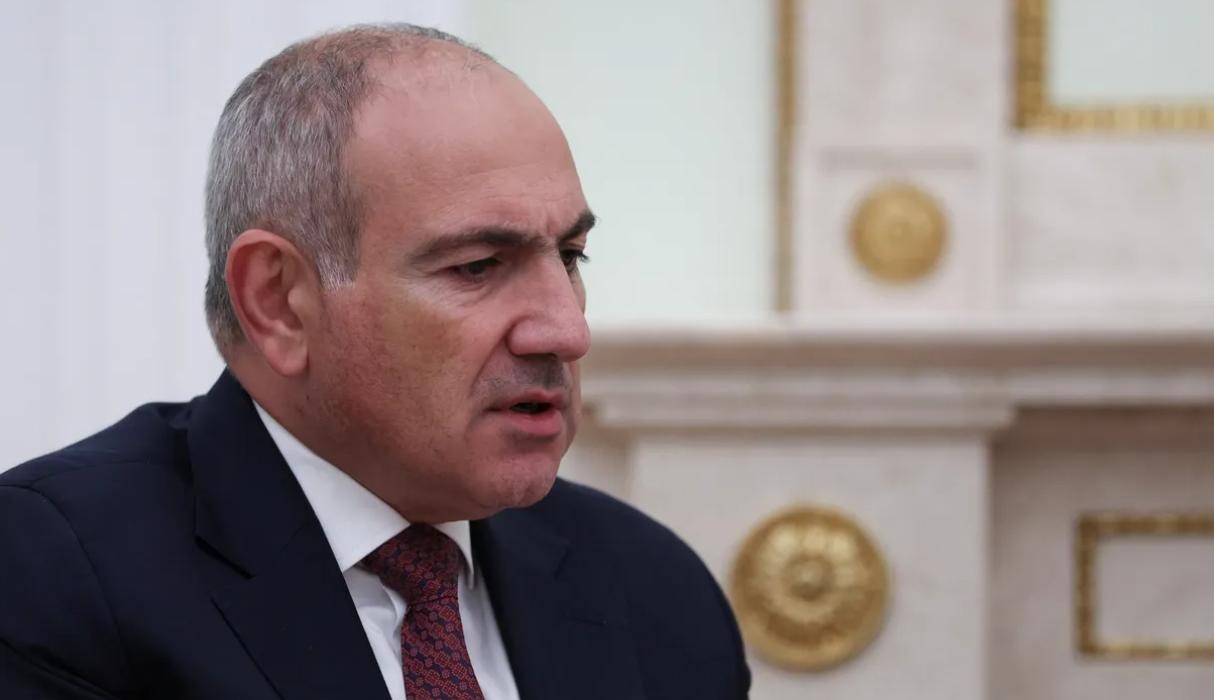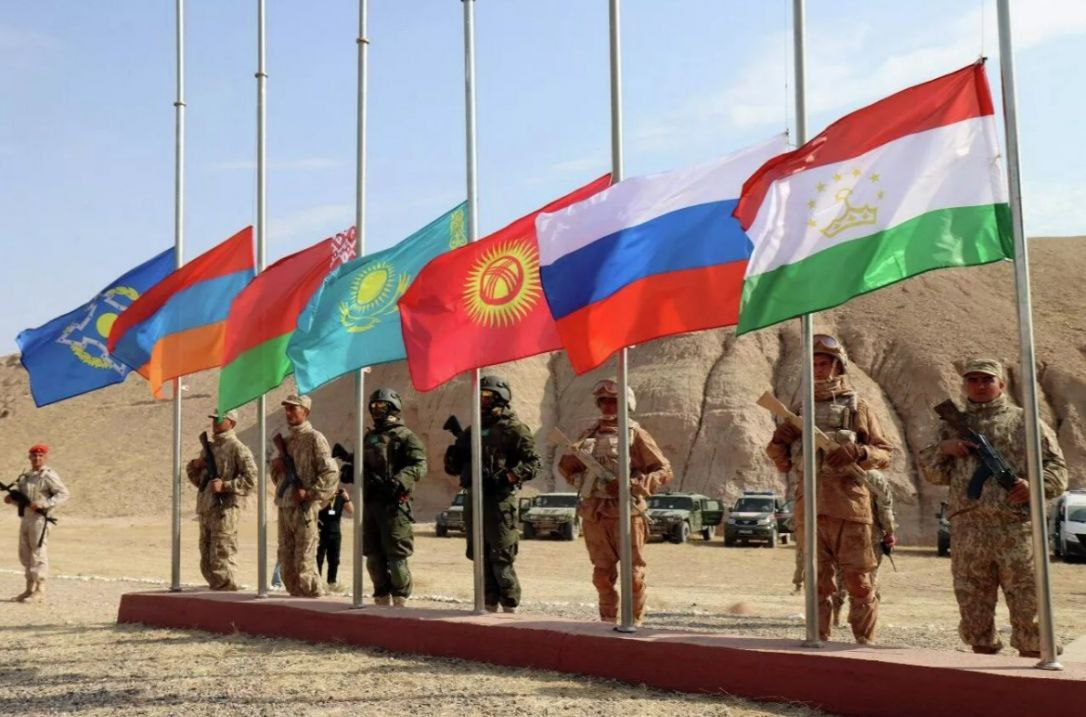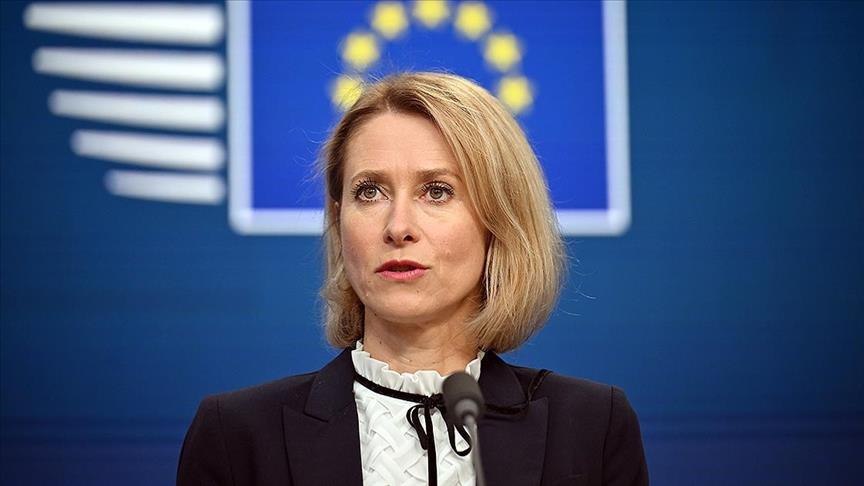Armenian Prime Minister Nikol Pashinyan confirmed that the first shipment of Azerbaijani petroleum products is heading to his country.

After signing a peace agreement in Washington, US President Donald Trump called Armenian Prime Minister Nikol Pashinyan and Azerbaijani President Ilham Aliyev "my friends."
"I was honored to stand with Armenian Prime Minister Pashinyan and Azerbaijani President Aliyev as we signed a peace treaty after decades of war and death. These are two great men and great leaders. They are now my good friends," Trump wrote on the Truth Social social network.
The Foreign Ministries of Armenia and Azerbaijan presented the text of the peace agreement. It provides for the establishment of diplomatic relations, the renunciation of force and territorial claims, and the delimitation of the border. After ratification, the parties plan to withdraw claims from international courts. The document also contains provisions on non-interference in internal affairs, a ban on the deployment of third-party forces on the border, and a joint investigation of missing persons cases.
Meanwhile, Kremlin propagandist Alexander Dugin called the Washington treaty “Russia’s defeat in the Caucasus.”
“This treaty is proof of our impotence. We no longer even control the post-Soviet space. If we are not respected here, who will take us into account on the world stage? This is not just a defeat – it is a slap in the face to every Russian. You cannot justify yourself by blaming Pashinyan and Aliyev. We must admit: we lost because we entrusted the negotiations to the wrong people. If we do not perceive this as humiliation, we will cease to be a sovereign civilization,” Dugin said.



